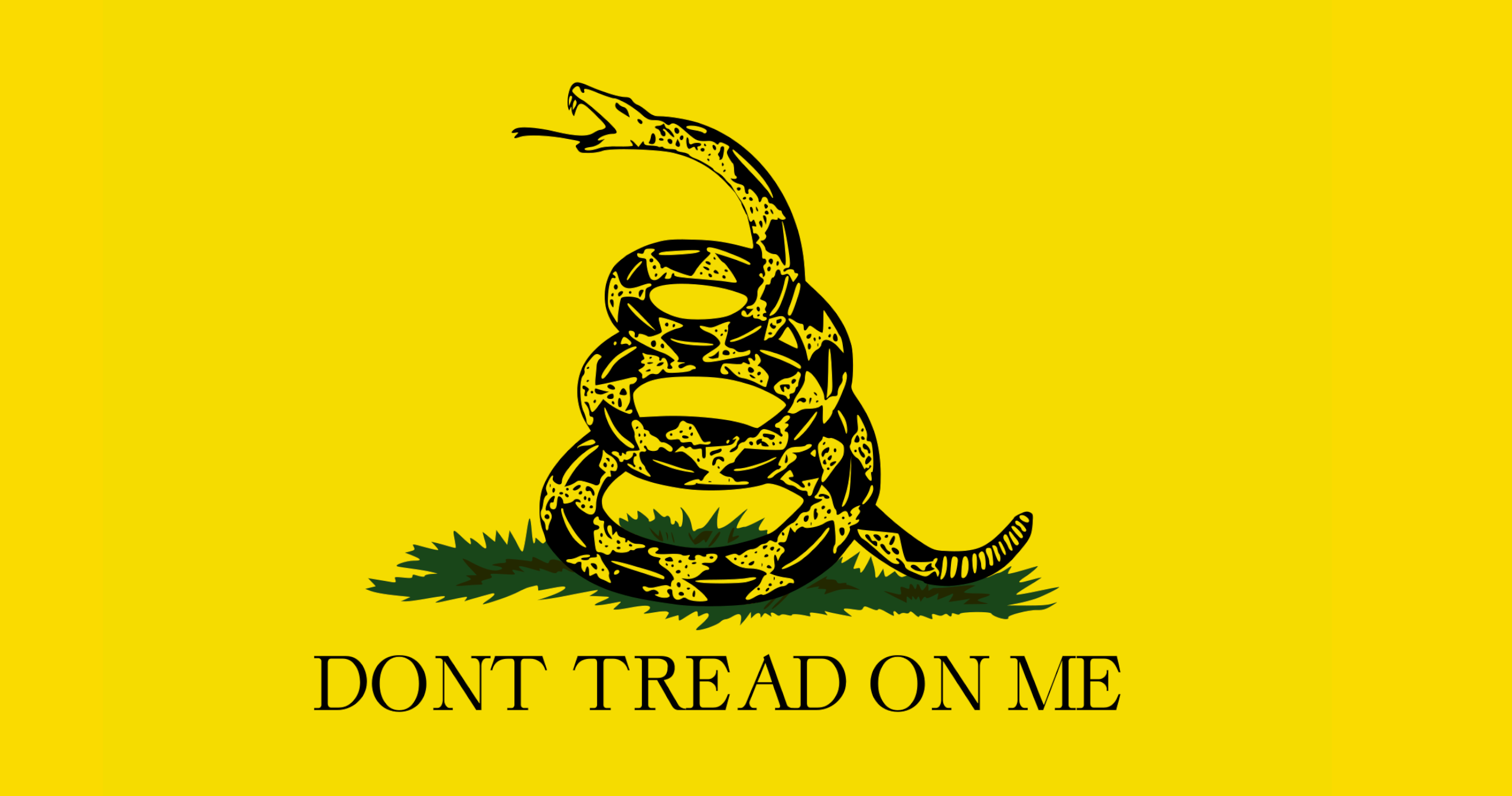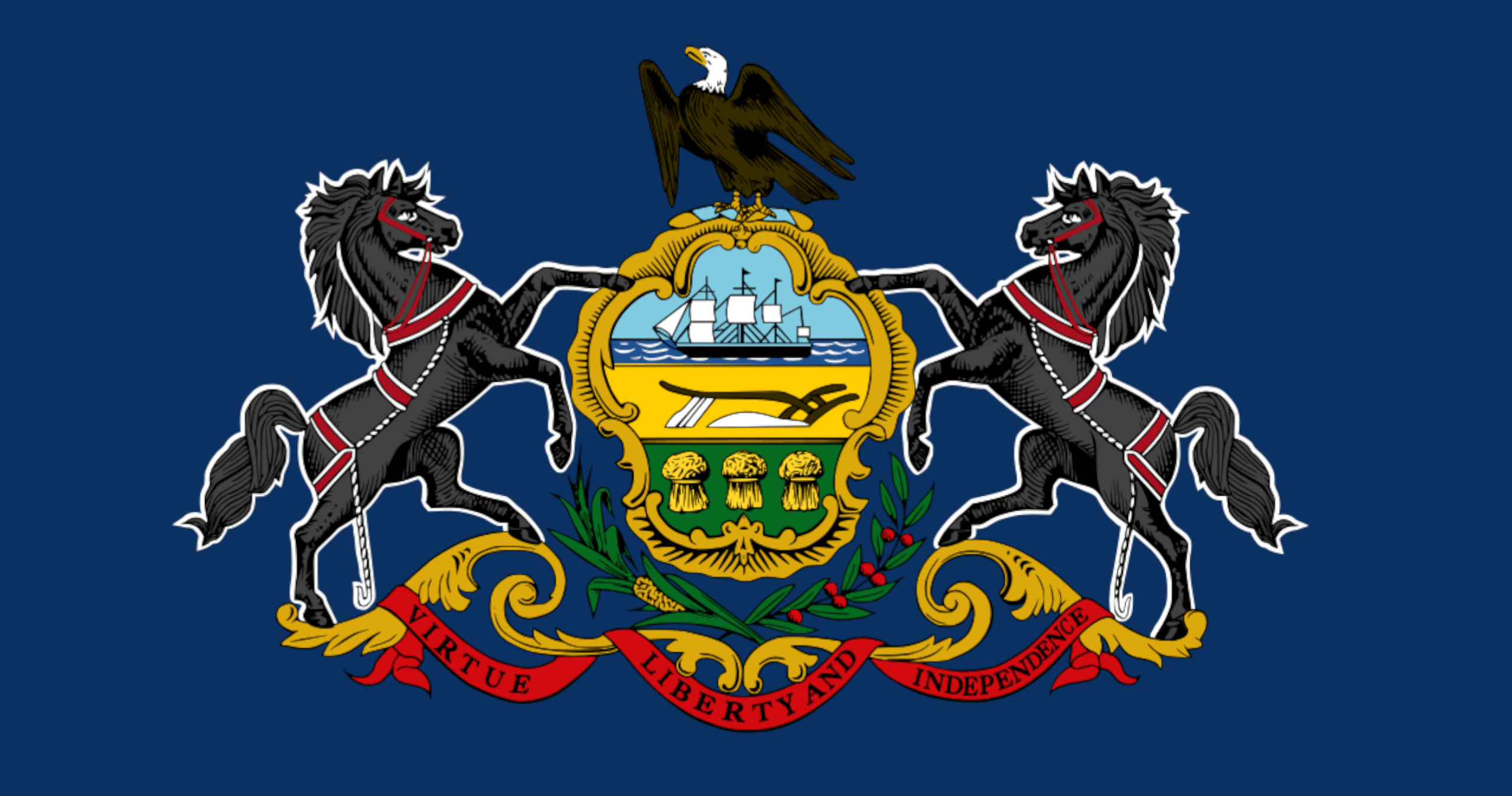What is ALICE?
ALICE refers to three descriptors of people who aren’t in poverty, but still have difficulty covering all basic needs: Asset Limited, Income Constrained, Employed.
The ALICE measure is necessary because the Federal Poverty Level “is no longer a realistic measure of financial hardship in households across each county in the U.S.,” the report said.
The FPL itself has increased over the years, but the way it is determined hasn’t changed since 1974. That means it is based on old assumptions about what takes up space in a household budget, rather than reflecting four and a half decades of economic change. For example, “food now takes up less of the family budget, and housing takes up more,” the report said.
The ALICE threshold varies by county and is based on what the United Way calls the Household Survival Budget: “the minimal cost of the six basic household necessities — housing, child care, food, transportation, health care, and a basic smartphone plan.”
That budget doesn’t include holiday or birthday gifts, unexpected car repairs or medical bills, or the ability to save any money.
To demonstrate how unexpected expenses can throw an ALICE household into debt, the United Way of Pennsylvania offers on its website “ALICE: The Experience,” a game in which players attempt to pay bills on time and remain happy while dealing with unbudgeted expenses such as root canals, car repairs, and new work clothes. (“The holes and stains are just too numerous,” the game explains.)
Who is in the ALICE category?
It could be any sort of person: “Contrary to some stereotypes, ALICE households are young and old, comprised of all race/ethnicities and educational levels, may or may not have children, and live in cities, suburbs, and rural areas,” the report said.
According to the report, people in the ALICE category “primarily hold jobs in occupations that build and repair our infrastructure and educate and care for the workforce.”
Though the unemployment rate is low, “Pennsylvania faces an economy dominated by low-paying jobs,” the report said. Of the 10 most common jobs in Pennsylvania, only one had a median hourly wage above $20 in 2017: registered nurses at $32.80.
Monroe County
In Monroe County, the survival budget is $25,176 for a single adult and $54,972 for a family of two adults and two school-age children. (The numbers for other household configurations are available here: bit.ly/2vVQM1i)
The combined ALICE and poverty rate was above 50 percent in every borough in Monroe County: Delaware Water Gap, 51 percent; East Stroudsburg, 56 percent; Mount Pocono Borough, 63 percent; Stroudsburg, 64 percent.
For townships, the combined rate ranged from 31 percent in Hamilton Township to 54 percent in Barrett Township.
Monroe County’s median household income was a bit higher than the Pensylvania average in 2017 — $61,612 vs. $59,195 — but so was the unemployment rate, which was 7 percent compared to 5.3 percent across the state.
Surrounding counties
In Pike County, 9 percent of households are below the poverty line and 26 percent are below the ALICE threshold, for a total of 35 percent.
Here are the rates in additional surrounding counties: Carbon, 11 percent below poverty, 32 percent below ALICE, 43 percent combined; Lackawanna, 15 percent below poverty, 25 percent below ALICE, 40 percent combined; Luzerne, 13 percent below poverty, 27 percent below ALICE, 40 percent combined; Northampton, 9 percent below poverty, 30 percent below ALICE, 39 percent combined; Wayne, 11 percent below poverty, 30 percent below ALICE, 41 percent combined.
Statewide, 24 percent of households were in the ALICE category and 13 percent were in poverty in 2017.
[source]











